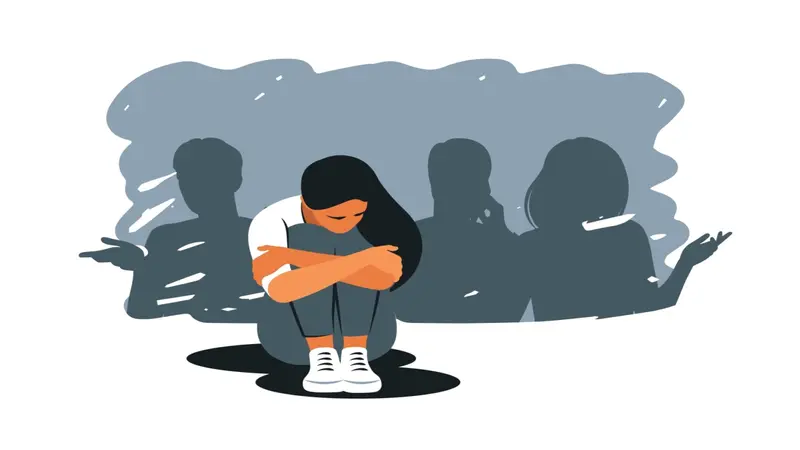

Chronic Conditions and Diseases

Chronic Conditions and Diseases
The Biological Basis Of Loneliness
New research involving over 42,000 adults from the UK Biobank suggests that social relationships may have a direct impact on physical health by influencing proteins in the blood linked to the immune system. Scientists from the University of Cambridge in the United Kingdom and Fudan University in China analyzed blood samples to explore how social isolation (an objective measure of limited social contact) and loneliness (a subjective feeling of being alone) relate to proteins that affect the body’s health.
The study found that people who were socially isolated or lonely showed higher levels of certain proteins connected to inflammation and immune responses. Many of these proteins have been previously linked to serious health conditions like heart disease, stroke, type-2 diabetes, and even early death. In total, 175 proteins were associated with social isolation, and 26 with loneliness, with a large overlap between the two groups.
Using advanced statistical methods, the researchers identified five specific proteins whose increased levels appear to be a direct result of loneliness. These findings help explain why loneliness and isolation are harmful to health by revealing biological pathways affected by social disconnection.
Dr. Chun Shen, one of the lead researchers, emphasized that this study sheds light on the underlying biology connecting social relationships with health. The results highlight the importance of maintaining social ties for physical wellbeing and may open the door to new treatments targeting these proteins.
The research supports the idea that strong social bonds are not just good for mental health but also play a vital role in protecting the body from disease.
REFERENCES
Shen, C., et al. (2025) Plasma proteomic signatures of social isolation and loneliness associated with morbidity and mortality. Nature Human Behavior. doi.org/10.1038/s41562-024-02078-1. https://www.nature.com/articles/s41562-024-02078-1


 By
By






